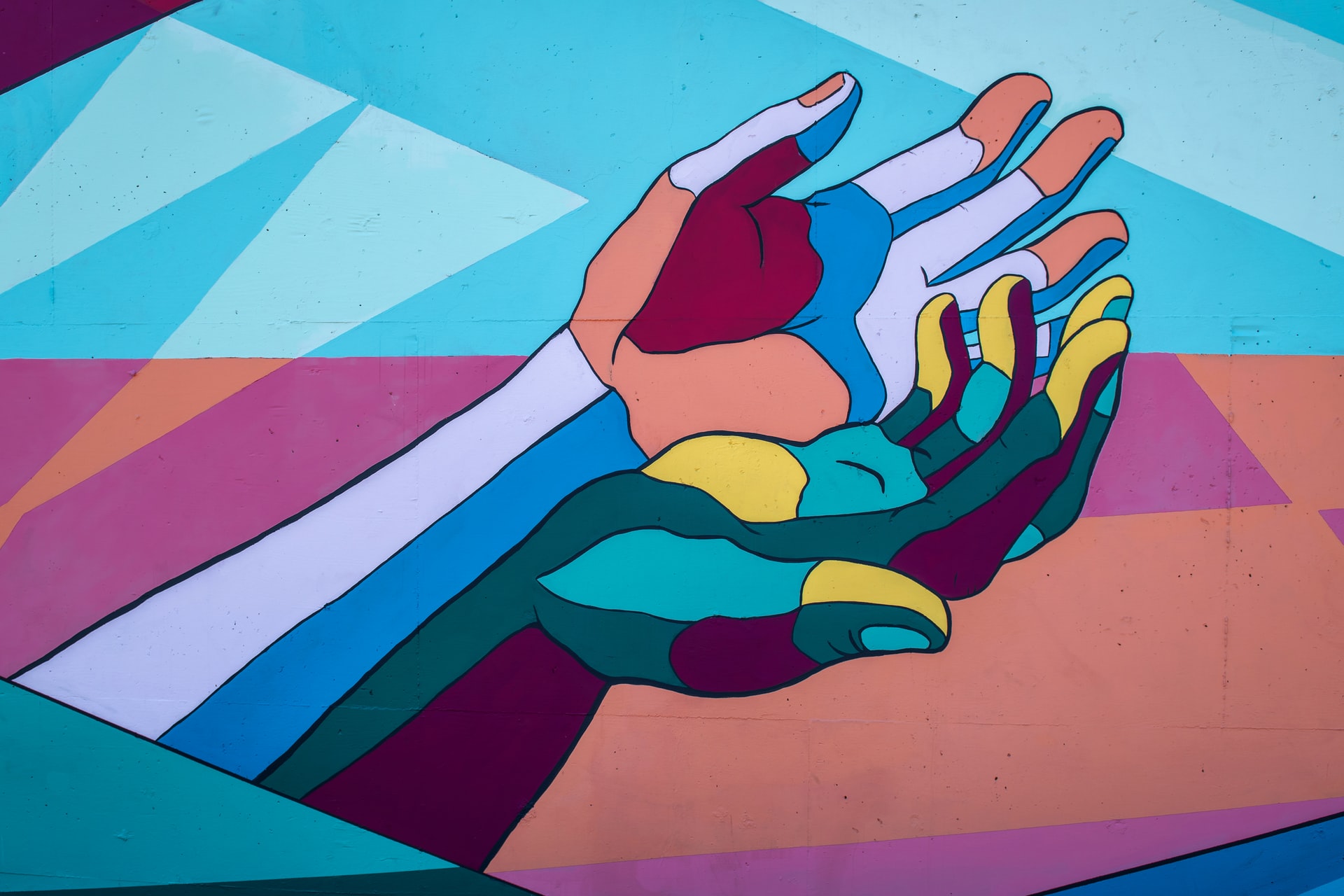Blog by Mzikazi Nduna, Stanley Molefi, Kamogelo Sefanyetso and Boitumelo Oliphant
Department of Psychology, University of the Witwatersrand
This blog is part one of a two-part sequence. Read the second part here.

In his online profile, Anele Siswana introduces himself as a psychologist with an ‘isintu’ flavour and so does Nompumelelo Prudence Kubeka from uKhamba LweThemba Initiative; both are healers and clinical psychologists. These examples are part of a growing contingent of practitioners serving clients who prefer a mental health counsellor who draws on spiritual values and beliefs. This is not new in South Africa, where institutions such as the University of KwaZulu-Natal have had services of traditional healers complementing their counselling services for registered students in an effort to improve access to mental health services.
There is a widespread phenomenon in medicine to present psychological interventions and indigenous healing as dichotomous. Yet, both historical and contemporary research indicate that various forms of healing, including spiritual and African indigenous modalities, continue to be valued and recognized by many people. Medical pluralism is a norm in the Southern African society, and many mental health clients often seek out a mental health professional and a traditional healer simultaneously. According to a report by the Health Professions Council of South Africa, 73.8 % of psychology practitioners in the country are White—and expected to service a society with more Black (African) people than any other ethnic group. The 2011 South African census indicated that 76.4% of the population described themselves as Black African, 9.1 as White, 8.9 as Coloured or mixed race. South Africa has a long and horrific history of racial segregation and racism against Black Africans. Indeed, it is often not the white population and practictioners that advocate for the use of inclusive healing and its potential in counselling and psychotherapy. There are very few therapists of African descent who are also healers and their approach underscores the co-existence of dual intervention for optimal and holistic care. Healers are sometimes favoured by clients for an approach that encapsulates holistic health which is characterized by spiritual, physical, emotional, and mental wellness. For this reason, the South African Department of Health recognizes the important role that healers play in this regard but is yet to integrate healing into policy and practice. For instance, the Mental Health Act does not provide guidance for integration thus treating healing as a stepchild of other mental health services such as psychiatry, psychiatric nursing and psychology.
However, one should not underestimate the complexities of the proposed integration and collaboration of the two practices. The aetiology of ‘illness’, the methodologies, and tools that are used to treat it are the very reason why there is mistrust between clinicians, including medical doctors, psychiatrists and psychologists, as well as healers. In some parts of sub-Saharan Africa the inclusion of healers is being addressed. For instance, in one of the leading schools in Ghana, a Post Graduate National Diploma in Traditional Medicine was introduced to expose medical students and doctors to healing. In a rural Kwa-Zulu Natal community setting, healers and medical practitioners learned how to work together by sharing their skills. This was done in such a way that healers were able to diagnose more patients with psychiatric disorders than specially trained doctors.
Nevertheless, there is still much work that the government needs to do regarding proper registration, support and regulation of healers in South Africa in order to fulfil the stipulations of the Traditional Health Practitioners Act no. 22 of 2007, which states that the “interim Traditional Health Practitioners Council of South Africa provide[s] for regulatory framework to ensure the efficacy, safety and quality of traditional health care service in the country.” In addition to the support to healers there is a need for guidelines, advocacy and training to facilitate the different permutations and designs of the possible integration models.
The recognition of healers in the health system has led to an extant discussion and divergent viewpoints regarding the possible benefits and disadvantages of such a collaboration. What is clear though, is that regardless of what healer-therapists or other medical practitioners say, whatever form such a collaboration takes, the treatment has to be holistic, heightening a patient’s cultural worldview. In other words, a patient-centred approach has to be adopted with the sort of cross-cutting traditional-medical conceptualisations of symptoms and illnesses which contextualize a patient’s spiritual beliefs, cosmology, and world view. Anything less or to the contrary should be viewed as scientifically insensitive to patients, ahistorical in its clinical practice and singular in conceptualisations. Indeed, there is clearly enough evidence to prove that in South Africa and the rest of the African continent, patients of African descent will continue to seek both medical and traditional forms of healing. The emerging cadres of Healer-Therapists embody the teachings of these two forms of healing. This development should mark the end of a dichotomous healthcare characteristic of the neo-liberal arrangement of western-traditional forms of healing.
Mzi Nduna is an associate professor in the Department of psychology at the University of the Witwatersrand and has research associations at universities of Cape Town, Pretoria and Stellenbosch. Mzi’s community-engagement scholarship is linked with the work of organisations such as AIDS Foundation of South Africa, DSI/NRF CoE-HUMAN and Accountability International. Dr Stanley Molefi is a policy researcher in health and social aspects. Kamogelo Sefanyetso is a Master of Arts candidate in the Department of Psychology at Wits University and her research is on dual mental health practitioners. Boitumelo Oliphant is an independent research consultant with interests in education and training.